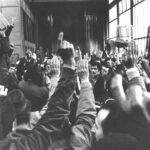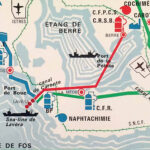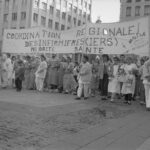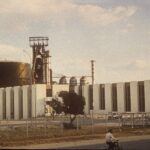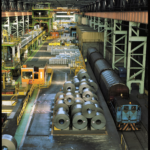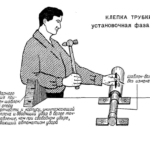
Taylorism Between the Two Wars: Some Problems (1983)
In the concrete organization of labor existing in the field, we encounter a combination of different modes of workplace organization developed up to the present moment, a combination that is the result of employer policies, working-class practices and resistance, economic factors external to the internal organization of the labor process, and various elements of the class struggle in society. It is critical, then, to not be limited to a mode of workplace organization that, at each given moment, occupies the forefront of the ideological scene, but to take into account the totality of the real organization of labor, to the extent that one can grasp it or reconstruct it.
 Viewpoint Magazine
Viewpoint Magazine